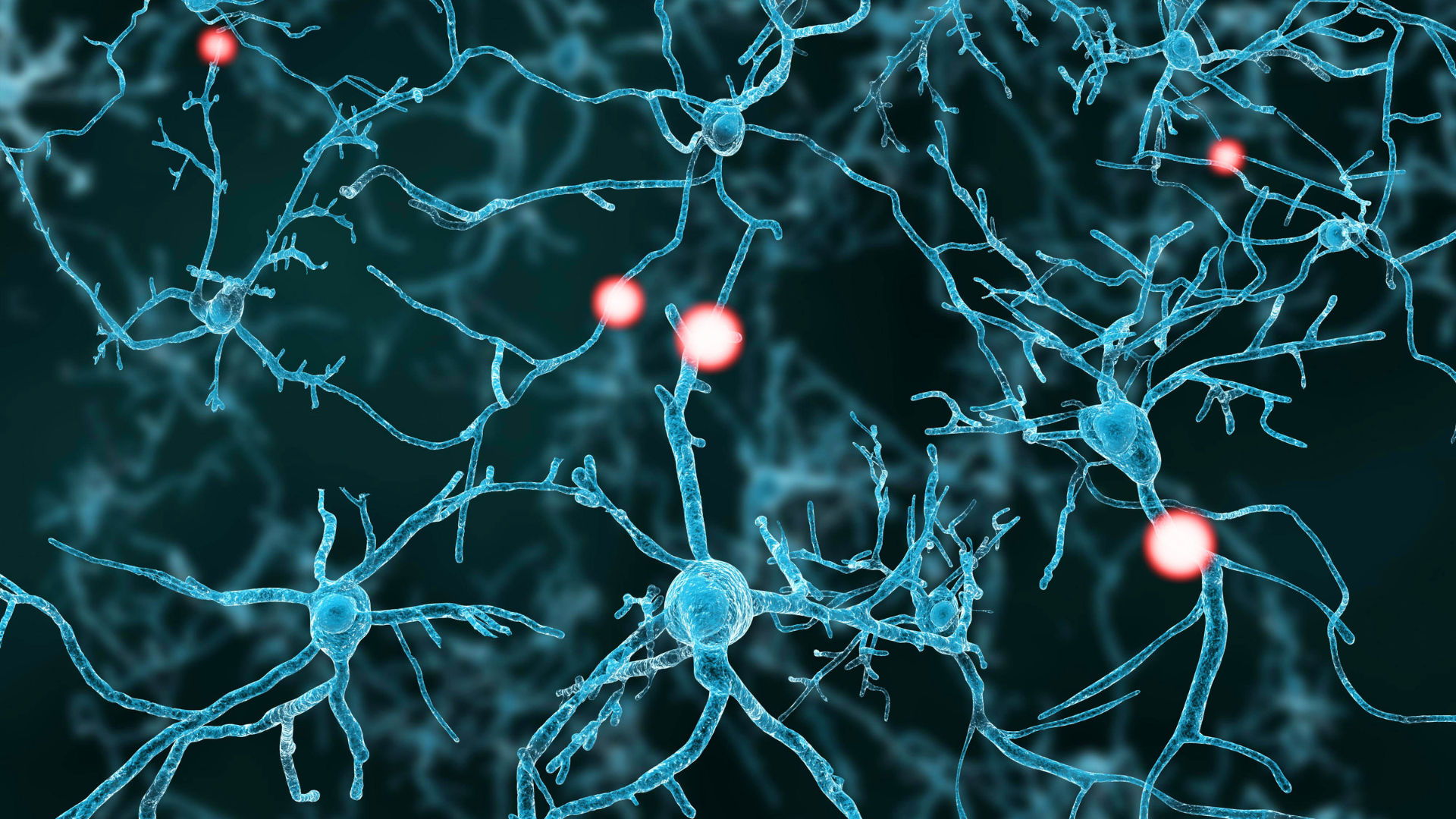
A Little Goes A Long Way
Your gift today is an investment in BrainTrust services that improve the lives of those with brain injury.
Donate Today


At first glance, brain injury and mental health conditions can look similar—both may involve emotional distress, changes in behaviour, and challenges with memory or focus. But understanding the key differences is critical to ensuring people get the right support, at the right time.
Brain injuries—whether traumatic or caused by lack of oxygen—are physical injuries to the brain. Their effects can be wide-ranging, from headaches and memory loss to difficulties regulating emotions or processing information. These challenges are often misinterpreted as mental health disorders, which can lead to delays in care or treatment plans that don’t fit.
This confusion isn’t just a clinical issue—it has real-world impacts on housing, employment, justice involvement, and how people access services. Many individuals with brain injury are left navigating systems that aren’t designed to meet their needs, falling through the cracks as a result.
That’s why we’re sharing this article—Understanding the Distinction Between Brain Injury and Mental Health Conditions—to shine a light on this important issue. It outlines key differences, shared challenges, and concrete recommendations to improve care and policy across Canada.
Let’s move toward a system that’s not just trauma-informed, but also brain-informed.